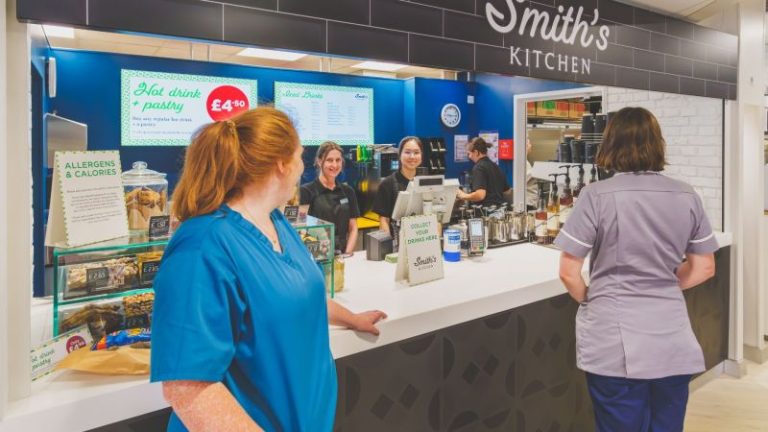Markets optimistic as Labour romps home
UK stocks rose in London on Friday morning following confirmation of Labour’s landslide election victory overnight.
The FTSE 100 — the Premier League of the London stock market — rose a further 31.57 points, or 0.4 per cent, to 8,272.83, having risen by almost 1 per cent on Thursday.
Housebuilders were the biggest winners, as traders bet that Labour’s plans to free up the planning system would allow developers to build more homes. “We see this political change as a major positive for UK housebuilders,” Glynis Johnson, an industry analyst at Jefferies, said. “A government led by Labour appears more supportive, engaged and focused on the delivery of homes.”
Vistry, formerly known as Bovis, rose 26¼p, or 2.1 per cent, to £12.85; Taylor Wimpey shares improved 3½p, or 2.3 per cent, to 152¼p; and Barratt Developments, Britain’s biggest developer by volume, gained 13½p, or 2.7 per cent, to 505½p.
London’s second tier, the FTSE 250, whose constituents tend to have more of a domestic bias, jumped 256.21 points, or 1.2 per cent, to 20,866.55.
The gains were broad-based, with only 18 of the index’s 250 companies in the red shortly after the opening bell. Retail, travel and leisure stocks were buoyed by expectations among traders that Labour’s decisive election victory will bring about an upturn in consumer confidence and spending.
Ocado, the online grocer, rose 15p, or 4.9 per cent, to 320½p; Wizz Air, the budget airline, flew up 75p, or 3.6 per cent, to £21.35; and Pets at Home, the chain of pet stores, rose 7¾p, or 2.6 per cent, to 303½p.
In currency markets, the pound remained firm, up less than 0.1 per cent against both the euro and the dollar to €1.180 and $1.277 respectively.
Sterling made its advances earlier in the week as it became ever clearer that Labour would win the election comfortably. Over the past five days the pound has risen by more than 1 per cent against the dollar.
Paul Dales, chief UK economist at Capital Economics, said: “The stability of the pound overnight is no surprise as a Labour win was already priced into the markets.”
He said: “The big shift in the political landscape that has delivered the first Labour government since May 2010 is unlikely to lead to anything like as big a shift in the economic landscape. But at the margin, the policies of the new Labour government generate some upsides to our GDP, inflation and interest rate forecasts.”
Bond markets were fairly muted, though there was evidence of investors buying more UK government bonds, a sign that traders are supportive of Labour’s financial plans. The yield on a two-year UK gilt, which moves inversely to the price of the bond, dropped back to 4.151 per cent, while the yield on the benchmark ten-year retreated to 4.177 per cent.
As a reminder, Liz Truss and Kwasi Kwarteng’s mini-budget in September 2022 sent UK government bonds plunging, triggering an unprecedented rise in gilt yields.
Jim Reid, head of macro research at Deutsche Bank, said the limited reaction in the currency and bond markets reflected the fact that “the [election] result has been a foregone conclusion for a fairly long time now”.






